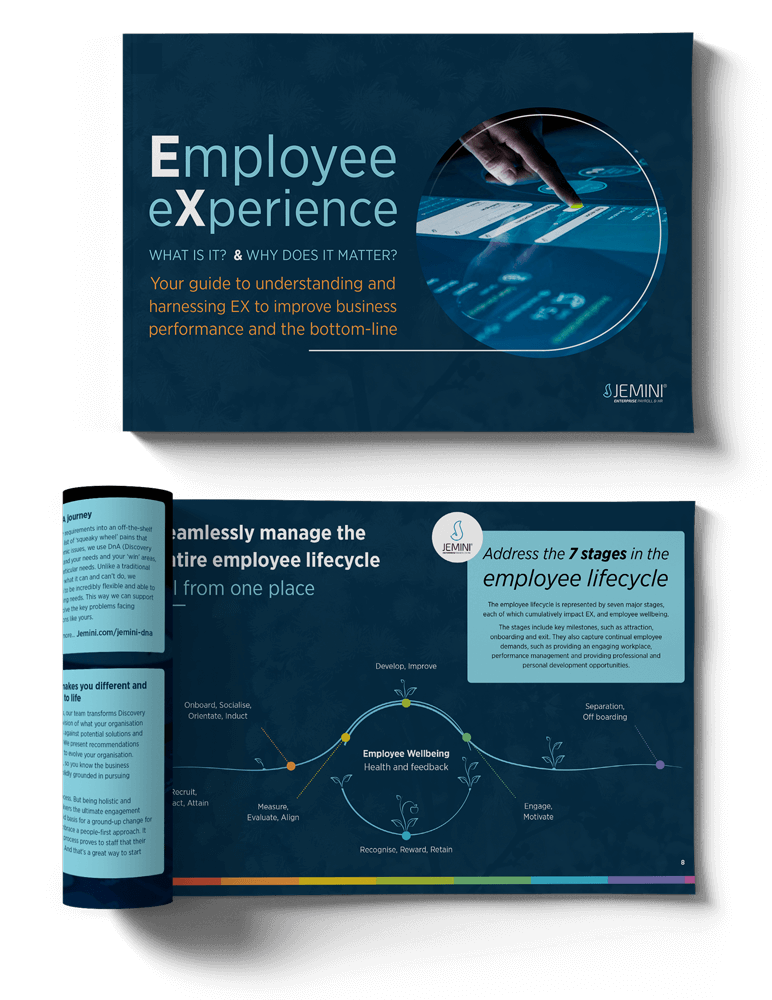
So much has happened in the last year and a half that it can be hard to keep up with what your people actually want. It wasn’t that long ago that quirky offices were all the rage, complete with craft-beer on tap, comfy couches and beanbags as well as the obligatory ping pong table. Overnight, these carefully crafted spaces became irrelevant and remained empty for months. And even now, as offices slowly start to reopen, hybrid and remote working is expected to be the norm. We are now in 2021; where do we go from here? — and how do we deliver on exactly what our people want?
Egged on by an extended stay at home, people have become rather accustomed to a more balanced way of life, free from endless commutes and the pain of choosing the right outfits for the office every morning. According to research carried out by Citrix’s Talent Accelerator, employees overwhelmingly expect flexible options. In fact, 88% of people said that when looking for a new role, they will prioritise complete freedom over both hours and location. A reasonable request? Well, the very notion of work has changed, so much so that 76% of respondents said they would take a pay cut if it meant being able to prioritise lifestyle, family and personal interests. So apparently, ping pong tables just don’t cut it anymore.
The second major shift is that 86% of employees would prefer for their work to be appraised on ‘real business outcomes’ rather than just a nominal measure of hours worked or basic output. Now what on earth does that mean? In the future, companies will need to rethink how they measure productivity and ditch the outdated views that real work can’t take place outside of the office. Quite simply, today’s employees want to be measured on the value they deliver, not just the volume. It makes sense. After all, more hours worked doesn’t necessarily mean more achieved. Remember, quality over quantity.
As we look to the future, employee demands appear to be as diverse as the individuals themselves. In 2021, SurveyMonkey teamed up with IBM’s institute for business value to get under the skin of what people actually want from their work. In complete agreement with the research done by Citrix, workers placed work-life balance and career advancement opportunities as being top of mind. This was followed by compensation and benefits, employer ethics and continuous learning opportunities. This was particularly true for younger workers; only 29% of Gen Z indicated that salary and benefits were the keys to their engagement.
The data shows that people can’t be bought with token gestures. The numerous stories that said Millennial and Gen Z employees needed sleep-pods, beetroot lattes and private Pilates-chambers clearly missed the point. What people want is genuine opportunities for career progression and skills development. They want to do work that has real purpose and be able to care for family and loved ones when they’re not working. That means they need access to the right training programs as well as learning and development.
One ugly problem that reared its head during the 2020 and 2021 lockdowns was employee burnout. This hasn’t been good for business. Research done by Microsoft in September 2020 confirmed this. Usage data from Microsoft Teams demonstrated that workers have been in significantly more meetings and have been managing way more chats. They’ve also been fielding twice the volume of after-hours messages. This could go some way to explain why 1 in 5 employees worldwide voluntarily changed jobs in 2020 (58% of which were Millennial and Gen Z). The leading reason was workers needing more flexibility (32%) closely followed by the need for more purpose-led, meaningful work (27%).

So, what can you do as an employer?
As an employer, the best thing you can do is stay closely tuned to the needs and wants of your people. Seek knowledge before assumption. Go beyond the media hype and stereotypes about what specific parts of your workforce need. Engage with your people and they’ll tell you what they need and value most.
Create a culture of continuous learning and employee training and development where people feel they are on an upward career track. Develop your people — or someone else will do it for you (potentially stealing some of your most important future talent). Treat training and skills development as an investment, not just as a business cost.
Finally, don’t take people for granted. The unprecedented story of the global pandemic was that of teams coming together to achieve extraordinary things. People went the extra mile and tested themselves to the limit to keep customers supplied and ensure their employers stayed afloat. Repay the favour — treat your people as your greatest asset and they will reciprocate.





